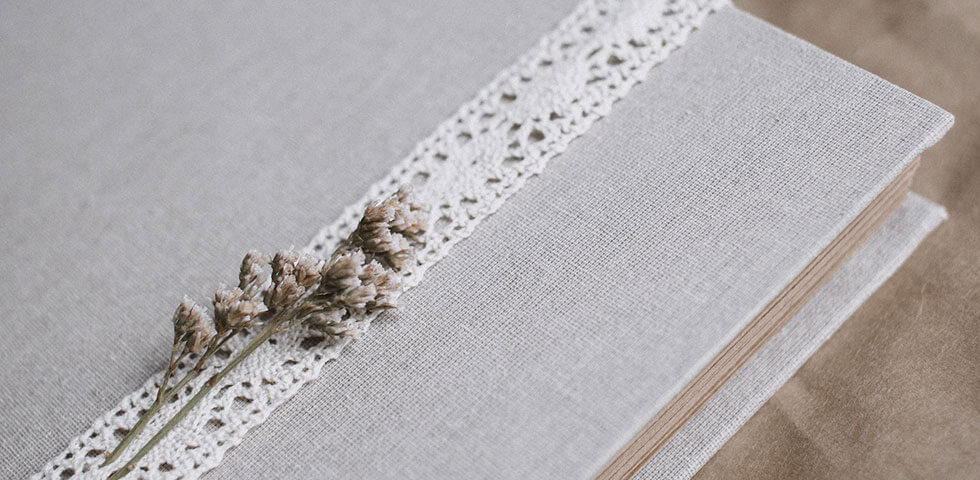The death of a loved one profoundly shatters our assumptive worlds as a person who meant such a great deal to daily life is suddenly gone. The absence leaves a void that begs to be filled for what can feel like ages, and waves of grief are physically, mentally, and emotionally crushing. This distress can be pervasive and life-altering, but the good news is that there are ways many people can transcend this distress and despair, ultimately finding new and meaningful ways to reconnect with the deceased.
Research has helped highlight the importance of rituals to help individuals process grief, remain resilient against emotional distress, and ultimately regain a sense of control over a strange new world without the deceased. Most people tend to associate the term “rituals” with public displays of mourning, such as funerals, wearing black, and other cultural and religious customs associated with death. But there is a vast bank of lesser-known individual and private rituals to tap into to help one find an enduring connection with the deceased while embarking on a new life reinvesting energies in new relationships and activities. One never has to give up the relationship you have with your deceased loved one, rather, one has to do work to transform the relationship. Here are some suggestions that may help achieve this goal:
- Create an altar in your home by placing important items such as totems, pictures, flowers, and candles that connect you to your loved one.
- Light a candle at certain, special times of the day or week to remind you of your loved one (for example, light a candle at the dinner table to represent sharing meals).
- Create a memory scrapbook, box, or area in your home – fill it with photos, letters, notes, and significant memorabilia.
- Spend time listening to your loved one’s favorite music or create a special mix of music that reminds you of that person. Or watch their favorite movie or TV show.
- Plant a tree or flowers, or build an outdoor bench in your loved one’s memory.
- Donate time or money to a charity your loved one supported.
- Visit your loved one’s burial site.
- Carry a totem – something special that reminds you of your loved one, or that comforts you when things get tough (a worry stone, fidget toy, piece of jewelry) that you can take out and hold when you feel the need.
- Create a work of art (painting, writing, music, crafting) in your loved one’s memory.
- Prepare and eat a special meal in honor of your loved one.
- Meditate, pray, or read healing literature or a sacred text.
- Get a meaningful tattoo to help ritualize and process your grief.
- Make a quilt out of your loved one’s clothing.
- Dive into your loved one’s past – utilize other family members, ancestry services to work out your family tree and dig deep into your loved one’s history.
- Communicate with your loved one:
- Write a letter. Keep it, burn it, float it in a nearby river.
- Send a helium balloon into the heavens with notes written on rice paper inside or write your messages directly onto the balloon.
- Talk out loud with your loved one.
- Keep a journal.
Suggestions for Rituals During Holidays
- On birthdays, bake your loved one’s favorite meal or cake and gather friends for a celebration dedicated to your loved one’s memory.
- Acknowledge the presence and importance of your loved one on holidays – light a candle, display a flower, and/or even set a place at the table for your loved one. Have everybody at the table share a special memory of him or her.
- On Christmas, decorate with purpose – use items that hold special meaning or memories; incorporate new items if you feel comfortable and hope to create new special meaning and memories. Hang up a stocking for your loved one. Buy one new ornament each year in memory of your loved one.
- Purchase a gift for your loved one and then donate it.
- To help reduce holiday stress, create a list of all your usual holiday traditions and what is usually important. You have the options of returning to these traditions, focusing on what you feel is most important, changing traditions, eliminating certain traditions, or creating completely new traditions. There is no “right way” to celebrate your holidays.
- If you are interested in learning more about the benefits of rituals, see this professional publication in the Journal of Experimental Psychology: https://www.hbs.edu/faculty/Publication%20Files/norton%20gino%202014_e44eb177-f8f4-4f0d-a458-625c1268b391.pdf.

